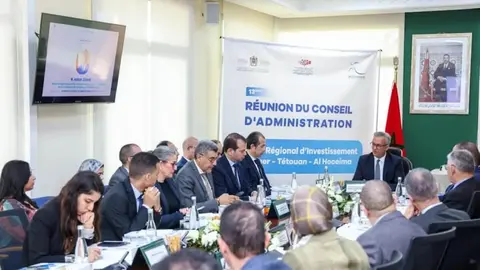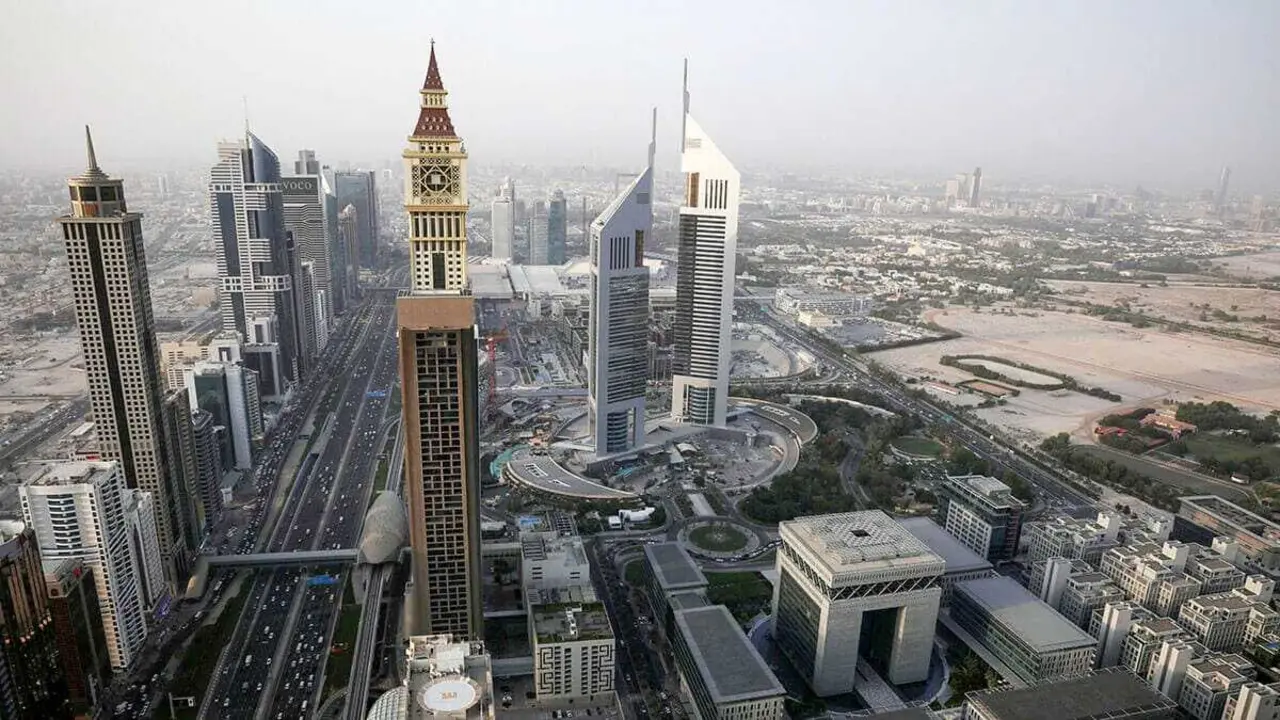Amal Boussouf: ‘Moroccan human capital is very young, speaks Spanish and is trained to work in any type of activity’
Amal Boussouf, director of the Official Chamber of Commerce of Spain in Tangier-Nador, explained to Atalayar the appeal of northern Morocco for Spanish investors
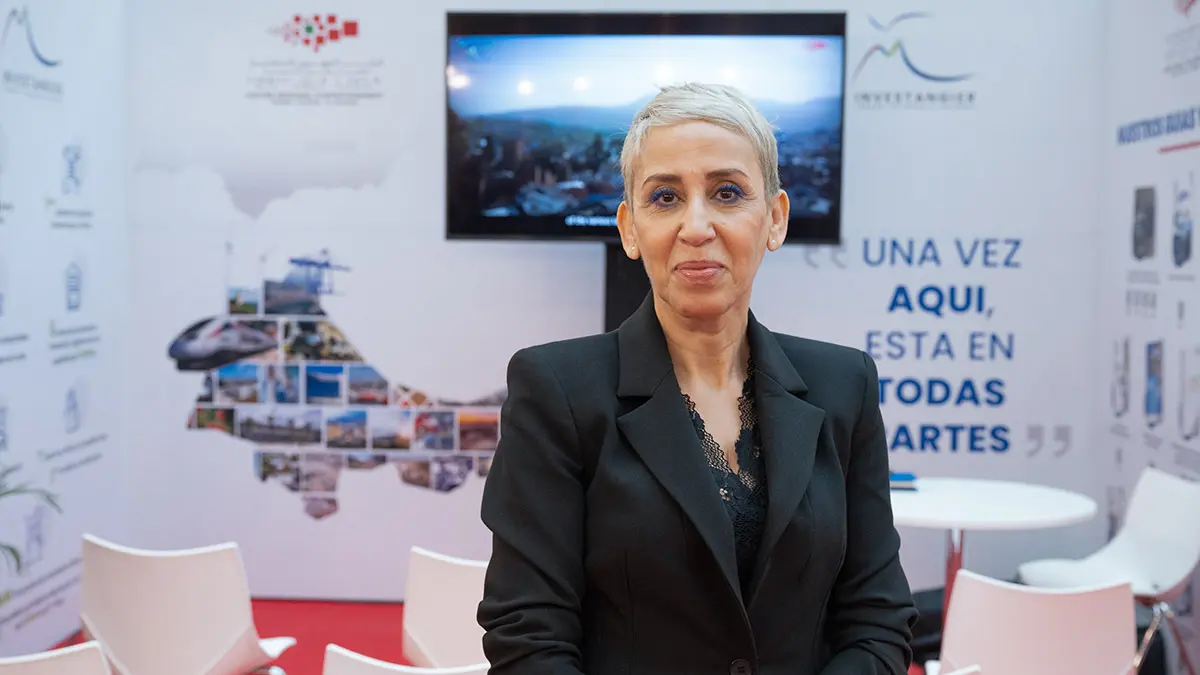
The Official Chamber of Commerce of Spain in Tangier-Nador, headed by Amal Boussouf, is a key institution for entrepreneurs who are starting to expand internationally in northern Morocco.
As part of its activities, the Chamber organises and collaborates with entities such as the Tangier-Tetouan-Al Hoceima Regional Investment Centre to promote the attractions and business opportunities that exist in the neighbouring country. Its last stop in Spain, for now, was the IMEX Madrid 2025 trade fair, held at the Palacio de Cibeles.
The Official Chamber of Commerce of Spain in Morocco, Tangier-Nador, was present at the latest edition of the IMEX Madrid trade fair, a special edition as Morocco was the guest of honour. What does this fair represent for the Chamber and what objectives have been set?
One of the fundamental pillars of the Official Chamber of Commerce of Spain in Morocco, Tangier-Nador is the promotion of bilateral economic relations between Spain and Morocco. In this regard, IMEX represents an unbeatable platform for promoting Morocco from an economic and commercial point of view. This fair gives us the opportunity to publicise the real opportunities that Morocco offers in terms of sectors and product marketing, as well as its advantages as a platform for production and product marketing.
As you say, by establishing themselves in Morocco, Spanish companies have a double advantage: on the one hand, lower production costs; and on the other, an excellent marketing platform, derived from Morocco's geostrategic position as the gateway from Europe to Africa. What can the Tangier-Tetouan-Al Hoceima region offer Spanish entrepreneurs in this dual respect?
Firstly, its geostrategic position, political security and legal stability. These are key factors that are important when deciding to internationalise any Spanish company. Secondly, Morocco has ideal platforms. It offers advantages in terms of set-up costs, competitive production costs and the possibility of using Morocco as a platform to market products in more than 60 countries. We have free trade agreements and very advantageous bilateral agreements with sub-Saharan Africa. This means that it is an ideal platform for producing and marketing products.
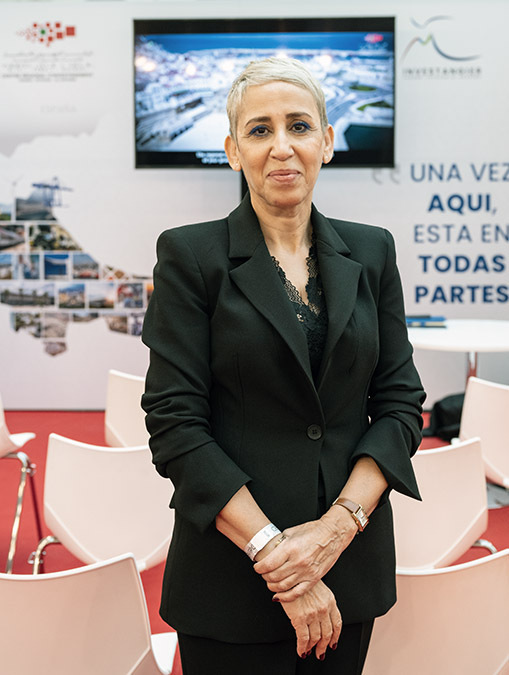
The Official Chamber of Commerce of Spain in Morocco is the ‘home’ of Spanish businesspeople, as you like to say. What services do you offer to those who are considering setting up there?
Of course, I invite Spanish companies to come to the Spanish institutions and make use of the support mechanisms for the internationalisation of companies. We offer services dedicated to the pre-investment phase and others dedicated to the post-investment phase. In the pre-investment phase, we are dedicated to welcoming, advising and accompanying Spanish companies that want to enter the Moroccan market, above all by providing them with reliable, first-hand information. And then, within that same pillar, we promote Spanish investment in Morocco and bilateral relations, including the marketing of products. In this section, we offer two actions: the first is the business and sectoral meetings we organise in Tangier.
We identify business niches in Morocco, bring them to the attention of Spanish companies and bring together Spanish and Moroccan companies in Tangier to increase efficiency and competitiveness between them. The second action to promote bilateral relations is Doing Business, through our partners at the Tangier-Tetouan-Al Hoceima Regional Investment Centre, accompanied by a delegation from an economic and commercial ecosystem made up of Moroccan institutions that accompany us on these trips. We are visiting several Spanish regions to raise awareness of the real opportunities offered by Morocco, the potential of the northern region of the country and the incentives for investment.
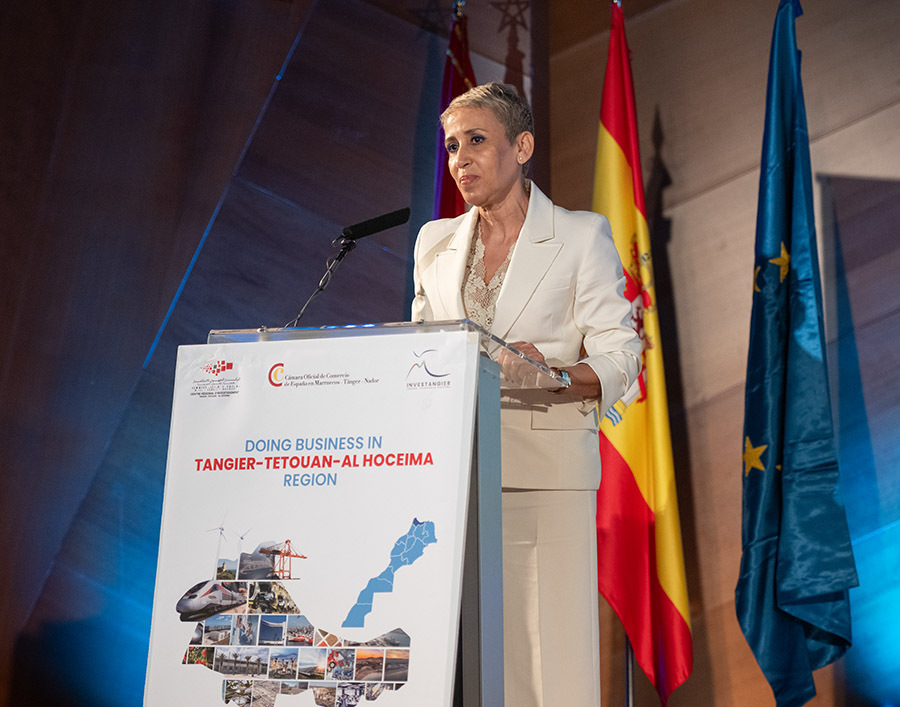
Human capital is essential for entrepreneurs who want to develop their business in Morocco. Morocco has a very young population. Are Moroccan workers trained to meet the needs of an increasingly specialised labour market?
Of course. Human capital is very valuable to Morocco and is highly valued. Morocco has long been committed to creating innovative and competitive training centres, thanks to specialised training centres, for example in the automotive sector, such as the IFMIA, the Institute for Training in Automotive Trades, or the Centre for Trades and Competitiveness, which opened this year. These are large centres offering a wide range of vocational training courses that can support any type of project in terms of human capital. Moroccan human capital is very young, well-trained, Spanish-speaking, especially in the northern region of Morocco, and capable of supporting any type of activity that Spanish companies wish to develop.

